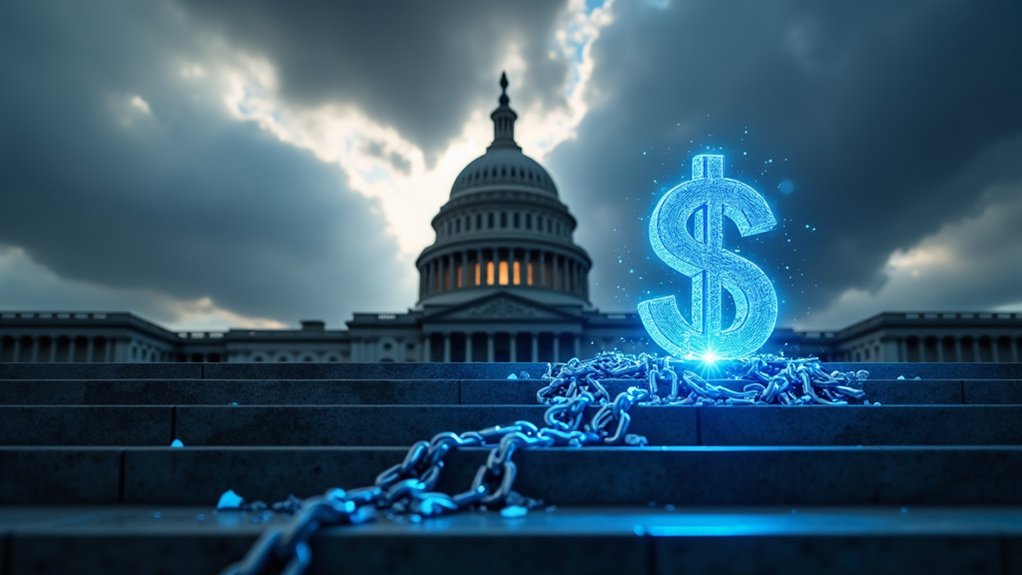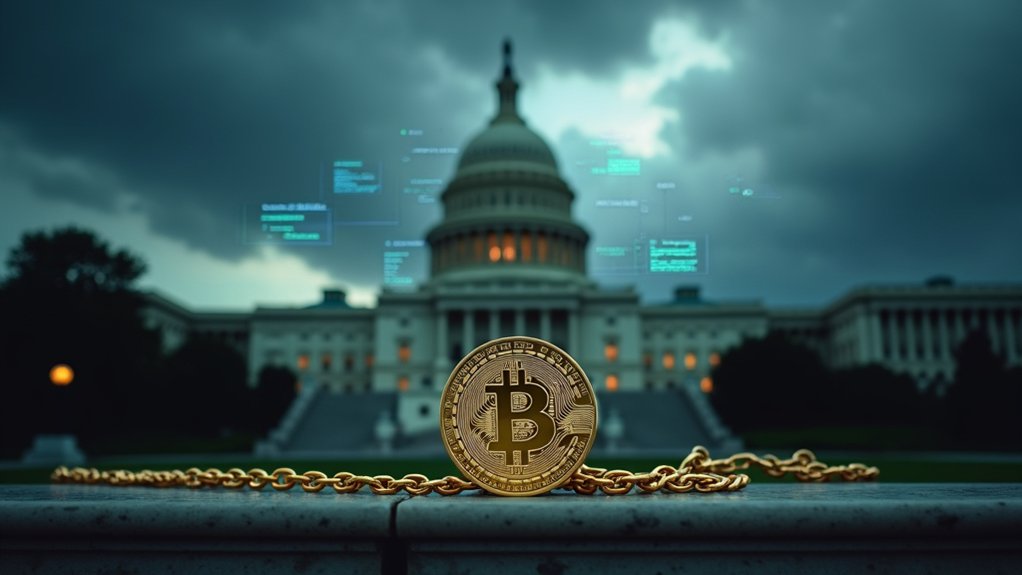The Senate delivered a knockout blow to a controversial IRS rule on cryptocurrency platforms Monday, voting 70-27 to overturn regulations that would have dramatically expanded reporting requirements for decentralized finance applications.
The bipartisan rebuke saw 17 Democrats joining Republicans to reject what many in the crypto industry called a privacy nightmare.
Senator Ted Cruz, who introduced the resolution using the Congressional Review Act, celebrated the win as a victory for financial innovation. The IRS rule, finalized in the final days of 2024 under the Biden administration, would have forced DeFi platforms to collect and report user data and transaction information to the government. Not exactly a small ask.
A regulation nightmare masquerading as tax compliance meets its end thanks to bipartisan opposition.
The rule was ambitious, to say the least. It would have generated over 8 billion new tax filings annually. That’s billion with a “B.” Critics like Coin Center blasted the requirements as “technologically unfeasible” for decentralized platforms that, by design, don’t have central authorities collecting user information.
DeFi industry leaders immediately praised the Senate’s action. The Blockchain Association called it a critical step in preventing regulatory overreach, while the DeFi Education Fund labeled the vote a historic milestone. The overturn will effectively protect DeFi innovation from what many viewed as unnecessary restrictions. Major crypto companies including Coinbase and Kraken had lobbied hard for the repeal.
The resolution now heads to the House, where it needs a simple majority to pass. President Trump’s AI and crypto czar has already signaled support for signing the measure if it reaches his desk. If enacted, the IRS would be barred from implementing substantially similar rules in the future.
This vote signals growing bipartisan recognition of crypto’s place in America’s financial landscape. It also demonstrates the industry’s increasing political clout in Washington. The crypto world got what it wanted this time.
For DeFi platforms, the vote means business as usual – at least for now. They can continue operating without implementing sweeping new compliance mechanisms or collecting mountains of user data. DeFi’s core appeal of pseudonymous transactions remains intact, preserving the privacy that makes these platforms attractive to users.
Privacy advocates are breathing a sigh of relief. Tax collectors, not so much.





